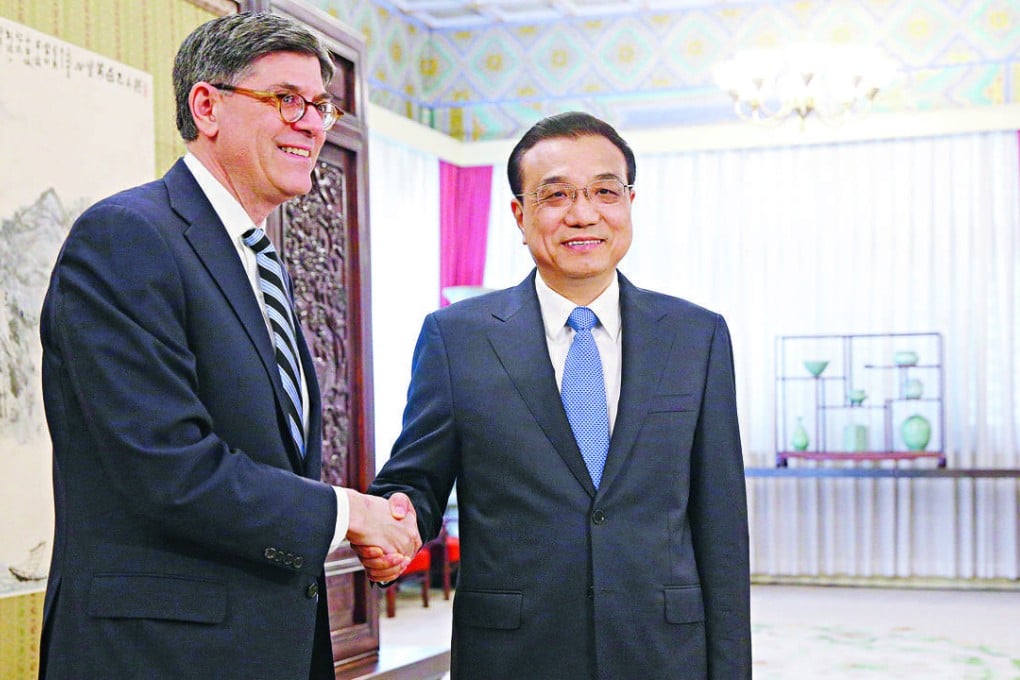US urged to open markets to China as Beijing grants American investors greater access
Li says that despite strains between the two countries, common interests outweigh differences

Premier Li Keqiang called on the United States to open up its markets to China, saying Beijing would give more access to American investors under a bilateral investment treaty.
Addressing the media on Wednesday, Li said the two countries should treat each other in an equal and mutually beneficial way, despite the “sharp differences” on various issues.
The underlying direction of US-China ties would not change, irrespective of who won this year’s US presidential election, he said.
The premier said that with bilateral trade reaching US$560 billion, “the common interests between the two countries far outweigh their differences”.
Ties between the US and China have been strained on various fronts over the past few months.
US Pacific Fleet commander Admiral Scott Swift warned on Wednesday that if the US lost access to international waters claimed by China in the South China Sea, it would have far-reaching implications, affecting the global economy and international law.